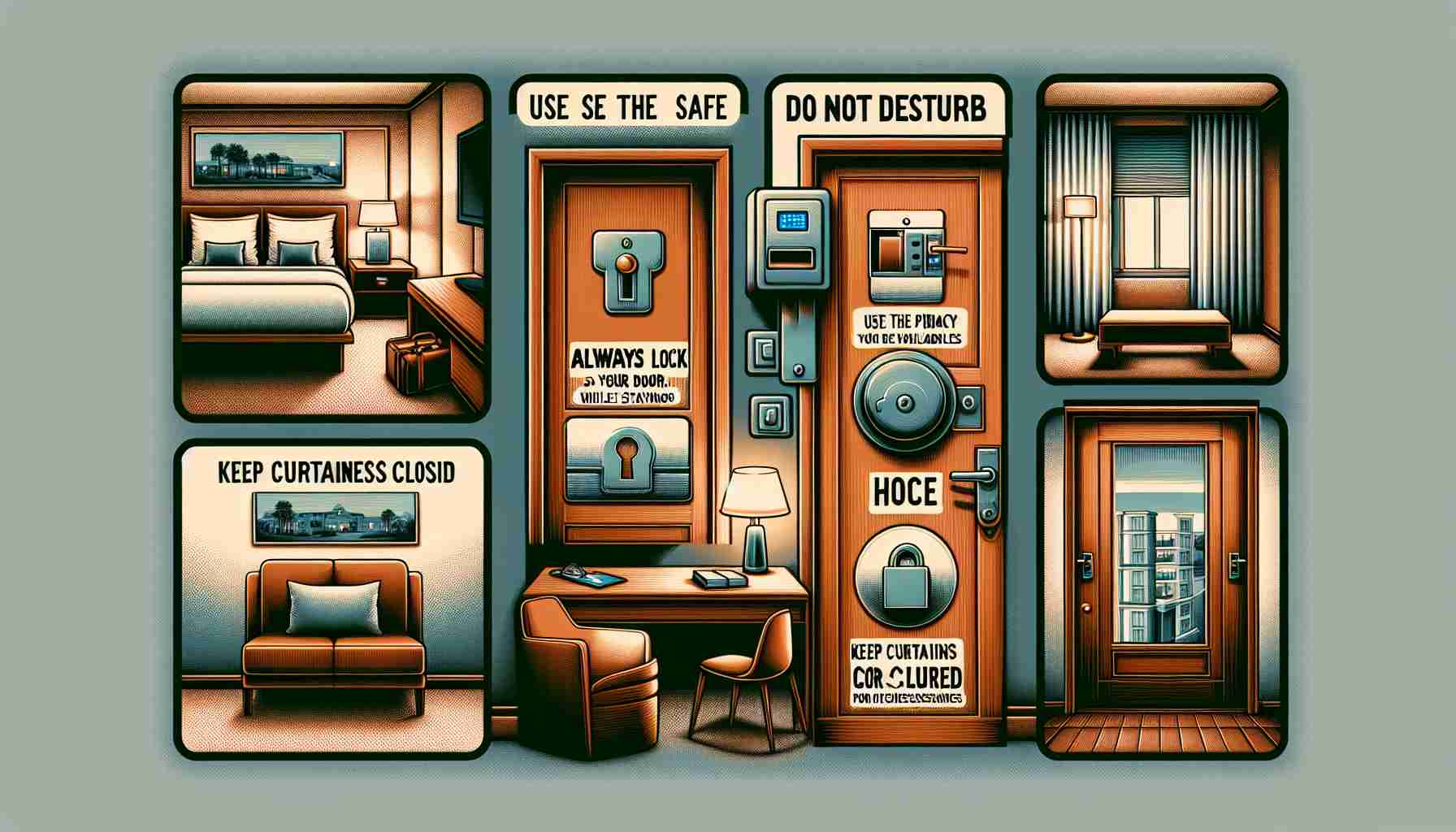Detecting Hidden Cameras: It’s always advantageous to have tools that help in maintaining privacy, especially when traveling to unfamiliar places. Similar to discovering concealed Bluetooth locators, detecting hidden cameras can be a valuable skill. Individuals often encounter situations where they question the security of their accommodation, particularly in foreign countries where the prevalence of hidden cameras is more common than anticipated.
Precautionary Measures: Rather than relying solely on detection devices, there are various precautions travelers can take to protect their privacy in hotel rooms. Simple actions such as conducting a visual inspection of the room upon arrival, including commonly targeted areas like smoke detectors and electronic devices, can significantly reduce the risk of unauthorized surveillance.
Utilize Privacy Apps: In addition to physical inspections, utilizing privacy apps can also enhance security measures. These applications can help identify any irregularities in the room’s Wi-Fi network, alerting users to potential privacy breaches. Being proactive and cautious can go a long way in safeguarding personal information and ensuring peace of mind during travel.
Privacy Concerns in Hotel Stays: Unveiling Additional Tips
Are Hotel Rooms Really Secure?
While detection devices and visual inspections are essential, it’s crucial to understand that some hidden cameras may not be easily detectable. Hotels worldwide have faced challenges with unauthorized surveillance, prompting concerns about the extent of privacy breaches. Guests need to be vigilant about their surroundings and potential risks, even in seemingly reputable establishments.
What Are the Key Challenges?
One of the main challenges in ensuring privacy while staying in hotels is the evolving nature of surveillance technology. Hidden cameras can now be as small as a pinhead, making them extremely difficult to spot with the naked eye. Moreover, some individuals may intentionally plant cameras in inconspicuous locations, further complicating the detection process for guests.
Advantages and Disadvantages of Privacy Apps
Advantages: Privacy apps provide an additional layer of security by monitoring the room’s Wi-Fi network for any anomalies. This proactive approach can help alert guests to potential threats and breaches in real-time, allowing for prompt action to protect their privacy.
Disadvantages: Privacy apps may not be foolproof and can sometimes generate false alarms, causing unnecessary concern. Additionally, some apps may require access to personal information or have privacy implications of their own, raising questions about the trade-off between security and data exposure.
Exploring Further Resources:
For more in-depth information on ensuring privacy during hotel stays and mitigating surveillance risks, visit PrivacyPolicies.com. This platform offers valuable insights into data protection practices and guidelines that can empower travelers to safeguard their personal information effectively.
By staying informed about the latest developments in surveillance technology and privacy protection measures, travelers can navigate potential privacy risks with greater confidence and peace of mind. Remember, proactive vigilance is key to ensuring your privacy remains intact throughout your hotel stay.























